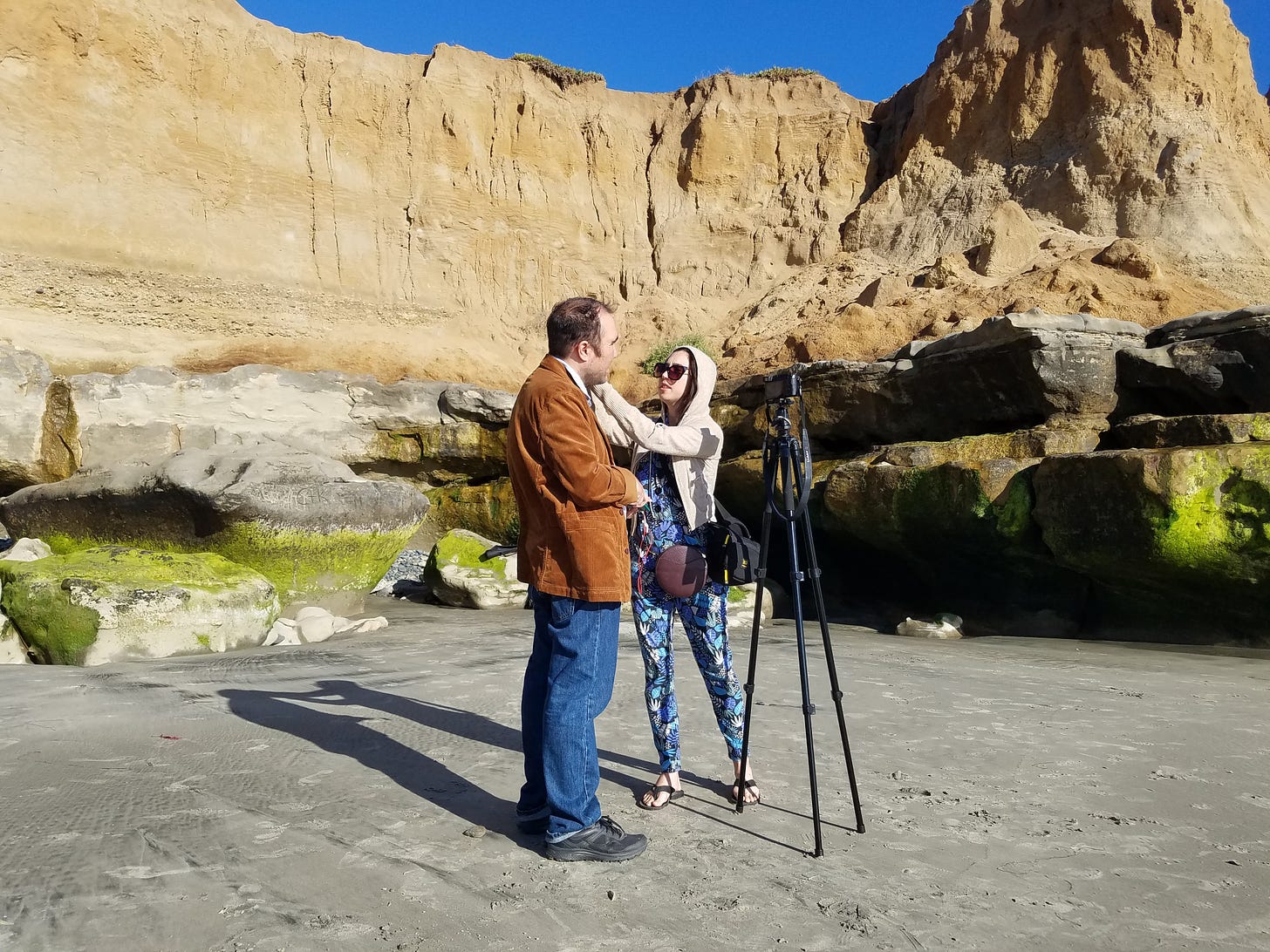
Transcript
Danny: Hi Friends!
Tara: Hi!
D: It is a gorgeous spring day in San Diego.
T: It sure is a gorgeous spring day here in San Diego. There's more and more flowers blossoming every day. I love it!
D: It is a beautiful time! Tara, what is something kind that someone has done for you lately? I will let you go first this time.
T: That's very generous of you, Danny.
D: I know. I am a generous guy!
T: I know you're being silly, but you actually are a very generous guy. Something kind that someone's done for me lately? Let me think... hmm... since the last episode...
D: (laughing) You are stuck?
T: A little bit.
D: I am wasting my generosity on you!
T: Oh! Oh no. Oh my goodness. I don't want you to think you're wasting your generosity. Here's something kind that someone's done for me, though it's not going to actually happen until the end of the month. But I have a good friend - a friend to both of us - in Kuala Lumpur, and I'll be there later this month. I told her my dates, and she really sweetly rearranged her schedule so she could spend a day with me, which is more than I even hoped for. I know she's a very busy person, so I figured maybe a meal, but for her to be willing to do all that and to spend a day with me - I'm really looking forward to it, and it was a very kind thing for her to do. How's that?
D: Not wasted after all!
T: Good. I mean, there's lots of kind things that I could say that you did for me, and our mom, but I feel like if I start saying those, I'm just going to say those every week. So I'm just trying to reach beyond the inner family circle.
D: Totally.
T: How about you, Danny?
D: You stole mine!
T: I stole yours? You're going to hang out with her, too?
D: I was!
T: Well, she would be thrilled! But come on, what's your thing, actually? What's the kind thing someone's done for you?
D: You took me out to my best night on the town ever!
T: Oh, Danny! That was your best night on the town ever? That makes me happy.
D: It was amazing!
T: It was. I really enjoyed that. And that's a kind thing that someone did for me - you came with me!
D: You had your turn already!
T: You're right, I'm so sorry for breaking the rules.
D: Anyway, I loved it!
T: Good. I'm glad you loved it, Danny. And if you don't know what Danny's talking about, he wrote a really nice post about it on his blog and social media. You can check it out on dannywithwords.com. We just had the best night out last Friday night - it was fantastic!
D: But now down to business.
T: Okay, boss!
D: I want to introduce today's topic: "Nonspeaking" versus "nonverbal" labels
T: It's an important topic
D: I will switch to text-to-speech now
T: If you haven't listened to our introductory episode, listen there - we explain a little more about Danny's communication and how we edit this podcast. But yes, let's switch to text-to-speech and get started learning about nonspeaking versus nonverbal labels.
D: I am particularly driven to share this topic with you, because it is an issue that seems trivial to outsiders, but is important for those of us affected by it.
My flavor of autism is commonly called "nonverbal." I hate that label! It is so inaccurate and is part of the massive bias against providing us with meaningful education and opportunities.
T: So, the important thing to note here is that the word "nonverbal" basically suggests that you don't have words, because the word "verbal" relates to words. It doesn't relate to the ability to express those words; it just suggests that there aren't any. So when you say someone is "nonverbal," the expectation is, and has been, that this is someone who's not capable of using words or understanding words in a meaningful way.
You might think it's just semantics, but really it has played into how Danny and so many of his peers - far, far too many people - have been trapped in meaningless, glorified daycare and talked to like they're toddlers and not exposed to the opportunities to learn anything interesting, because they're thought to not have the capacity to understand.
And so "nonspeaking" is a more accurate way of focusing on having a disability with the mechanics of getting the words out. As Danny uses on his email signature, he says "very verbal, just nonspeaking, autistic writer" or something like that.
D: Right. I am so wanting more people to care about this distinction.
T: That's such an important point, Danny. We need to defer to the people who are most affected by the terminology. Maybe you're not a nonspeaker, you don't know nonspeakers, and to you, this distinction doesn't seem that significant. But to many of them, it is indeed very significant. And the label "nonverbal" is associated with a lot of trauma and missed opportunities in their lives.
"Nonspeaking" is better because it focuses more on what the disability actually is, which is a difficulty with the motor skill of speech.
D: I am very verbal! I have a lot of words. I am nonspeaking because I cannot use speech as a reliable form of communication. Even that is not a perfect label, and some of my friends prefer to use phrases like "multi-modal communicator." But for the disability as a whole, many of us prefer "nonspeaking."
T: That's a good point. For those who already have accessed text-based communication, like Spelling to Communicate, Rapid Prompting Method, any other Alternative and Augmentative Communication (AAC), of course they are at that point multi-modal communicators. However, there are millions of nonspeakers who don't yet have access to these, and a term like "nonspeaking" is more of an umbrella term to encompass the people who are affected - who have and experience - this disability.
D: Exactly.
T: And this touches on something we're going to dive deeper into in a future full episode: looking more at other labels, because there's a lot of confusion, uncertainty, a lot of strong feelings around different labels. For example, different "functioning" labels (here's a sneak peek: don't use them!), person-first versus identity-first (so, do you say this is someone with autism, or an autistic person? someone who has a disability or a disabled person?), somewhat euphemistic phrases such as "special needs"... we definitely have strong opinions on them, as probably many of you do. We'll explain more about them in this future full episode. And if you weren't aware that there was controversy or strong feelings on these terms, you should definitely listen to that episode! But for now, let's focus on nonverbal versus nonspeaking.
D: This nonverbal label has come up in my life recently because I am part of an advocacy group that is trying to expand its audience. Some consultants recommended that we use the hashtag nonverbal to show up in more searches in social media, because it is still so commonly used. That annoyed me so much! To be told to use a harmful label to advocate for ourselves. That felt so disrespectful.
T: Oh my goodness, Danny. I was so steamed over that, and I was just sitting in as your Communication Regulation Partner for that meeting. I think the worst part was that this consultant didn't really seem to care that a number of you in the group were telling them, "This hashtag that you're really heavily recommending that we use is actually really hurtful and offensive to us."
They kept saying, "Well, if you want to reach more people, you should probably use it!" And I feel like they could have done a better job acknowledging, "Oh, I didn't realize this had this loaded meaning to you, I didn't realize this was harmful. I still thing this would be valuable to use if you were very clear and strong about saying 'Don't use #nonverbal'." It just felt very disrespectful.
D: Absolutely. They didn't acknowledge the pain of the label.
I understand the logic of using that phrase to reach more people. But I will only use it in a clearly negative way: To show that it is not an acceptable label. I hate that it is at all necessary. But advocacy for nonspeaking autistics is so limited to a small audience at the moment, so we need to do what we can to reach more people.
T: I wish it were different, Danny, but perhaps that's the reality of things. If you are someone who's really well-meaning...
D: [yawns]
T: Oh my goodness, sorry to bore you. That was a big yawn!
D: I am used to it!
T: You're used to me boring you?! Okay. I'm glad we still hang out - I'm glad you still spend time with me despite that.
D: Just kidding
T: Thank you, Danny. I'm glad you're just kidding.
If you're a well-meaning person and you're like, "Oh my goodness, I've been using 'nonverbal' - am I a terrible person?" No, you're not. Especially if you've never heard of this distinction before, you've never heard of the pain associated with this label, how were you supposed to know?
This is still a very widely-used label, it's perpetuated by people who should know better, but we can't blame you for not knowing better if it's outside the realm of what you've been exposed to. So from me, my feedback would be to not be ashamed, but to do better now that you know better. And maybe if you've been using it a lot around someone who is a nonspeaker, maybe a quick apology. There's nothing wrong with, as Danny said, acknowledging that you made a mistake, and again, just trying to do better when you know better.
D: Exactly. Many good people I know use "nonverbal" and it is because they don't know better.
T: So I will correct people if it's an extended interaction, if it's someone we're going to be seeing multiple times. I'll often ask Danny if he wants me to say something about it. But how I do it, I say: "You might not be aware, but for someone like Danny, they prefer to use 'nonspeaking' because they actually do have a lot of words - they are actually very verbal."
D: So please spread the word and try to make this change in your vocabulary. We are very verbal, when our disability is properly supported.
Thank you for listening and learning!
T: Yes, thank you so much for joining us. Danny is too tired to do a live send-off for this episode, so I'll just end this by encouraging you all to share this widely, and like and comment. Send us your questions - we are going to do a Question & Answer episode later this month.
Again, on Substack, we have the transcript and any relevant notes or links for each episode. You can also just listen on Spotify or Apple Podcasts. Again, follow, subscribe, like on any of those.
And related to this episode, we've designed t-shirts that say "Nonspeaking, Very Verbal." They've been really popular, and we are selling them on Bonfire. You can find the link to that on the Substack transcript and also if you go on Danny's website, there's a link there. All of the proceeds go toward Danny's financial autonomy - all the earnings are his.
This is a really great way to get a great message out there, some really nice swag for the nonspeakers in your life, and a great way to support one of my favorite creative minds.
D: Me?
T: Of course you!
D: Wow! An honor.
T: I hope you see it as an honor!
D: Take care all!
T: Take care!
[Music: Brave Together, by Danny Whitty & Brian Laidlaw]
Links
"Nonspeaking, Very Verbal" t-shirts and stickers





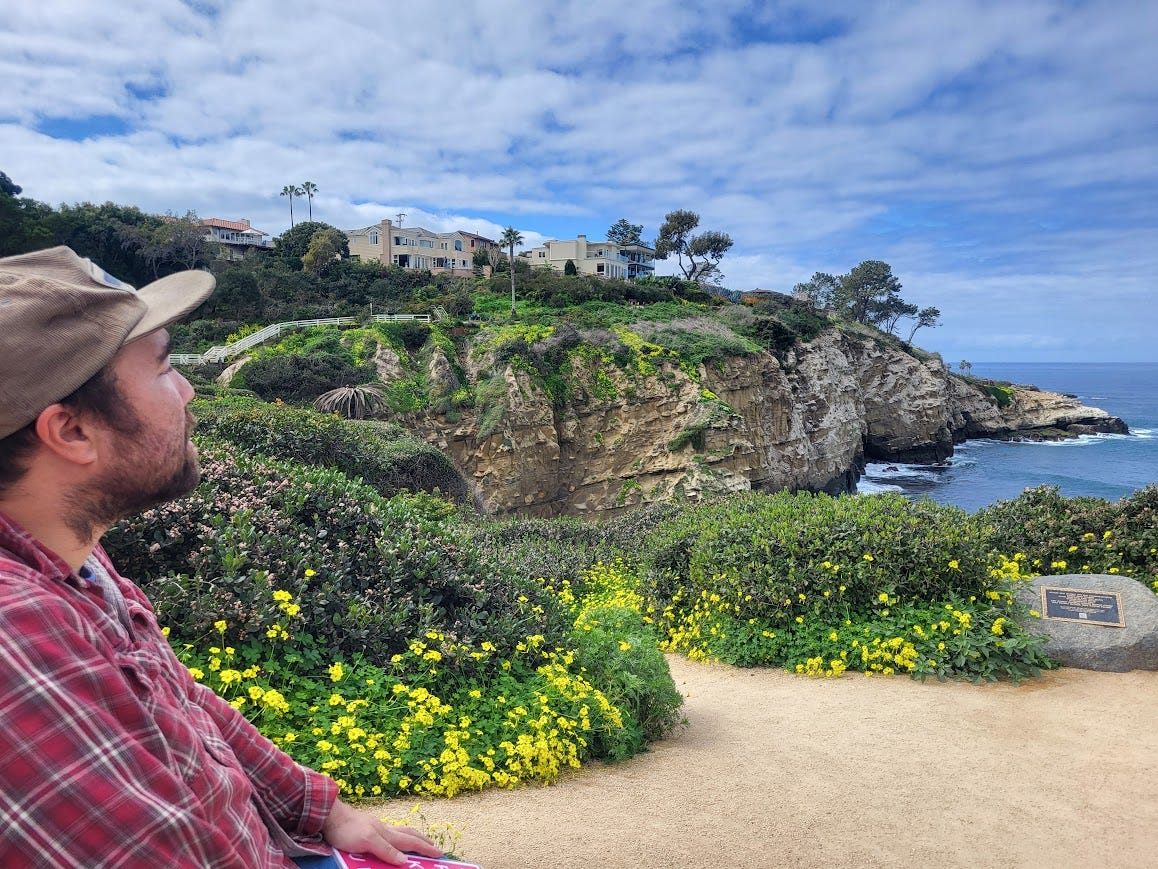

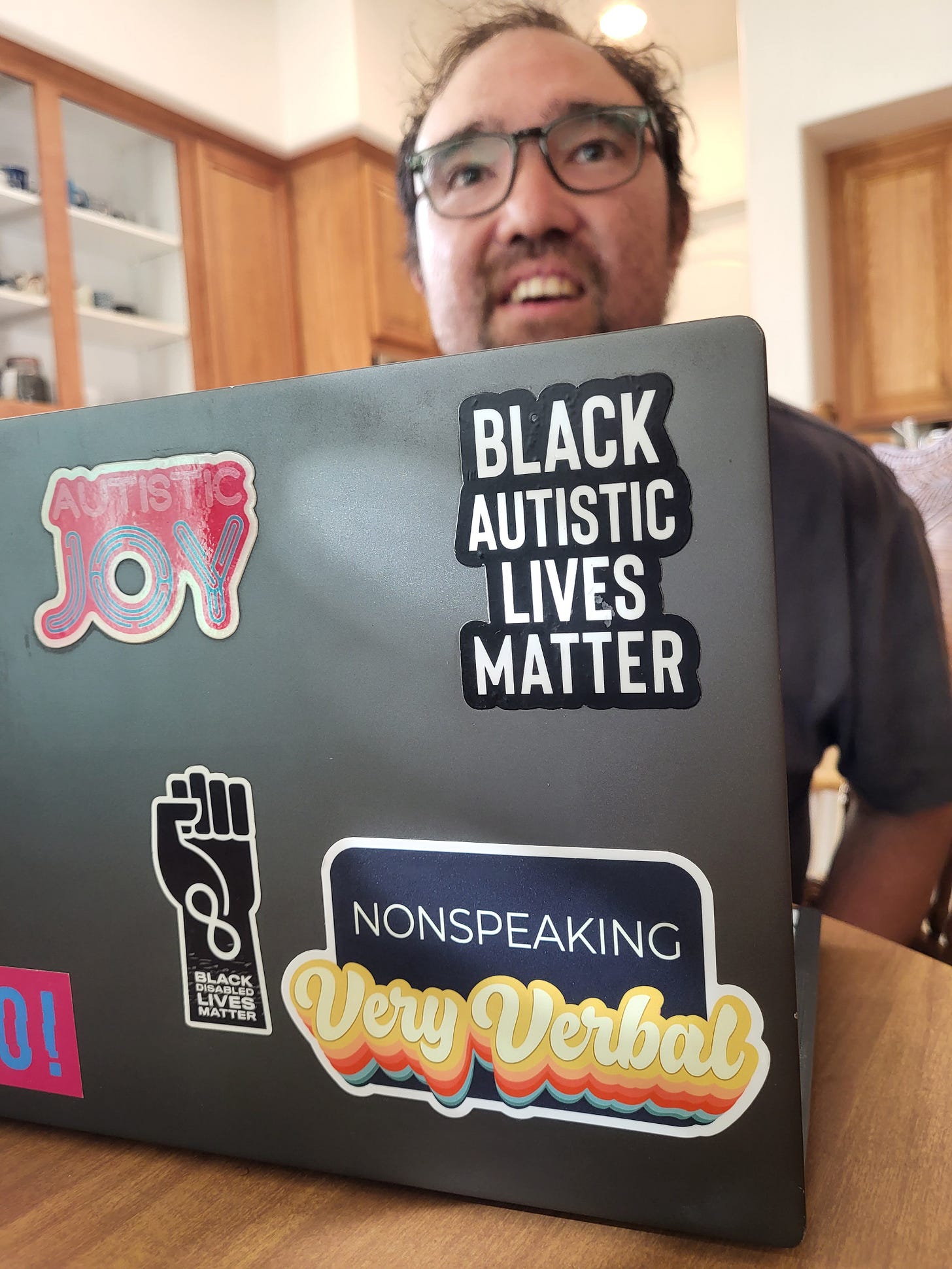



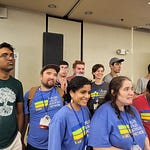




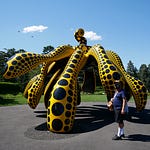

Share this post